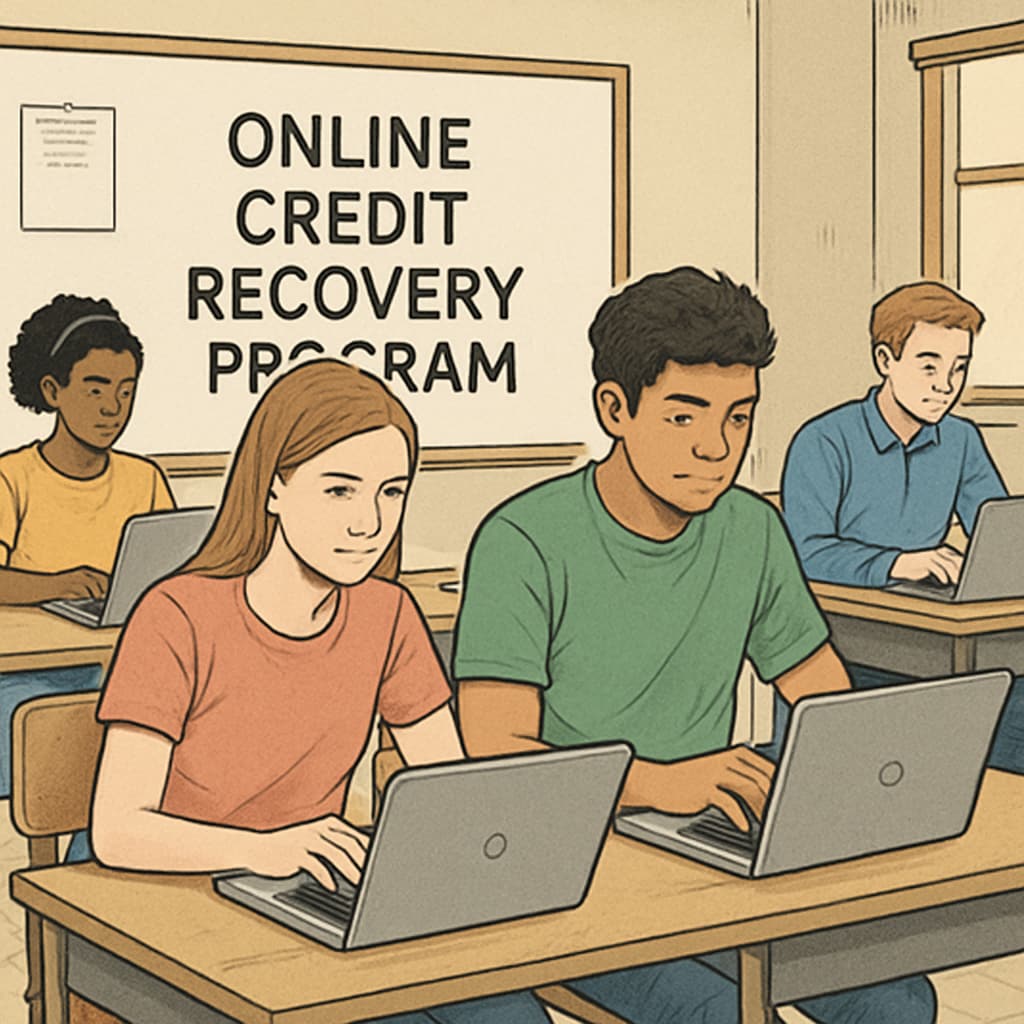Falling behind due to credit deficiency in high school can feel like an insurmountable challenge. However, with two years remaining, it’s entirely possible to recover lost ground and graduate on schedule. By creating a structured plan, utilizing available resources, and maintaining the right mindset, students can overcome their academic challenges and move toward success. This article outlines practical strategies to help you tackle credit deficiency, navigate high school life, and catch up on your studies effectively.
Identify the Root Causes of Credit Deficiency
The first step in addressing credit shortages is to understand their root causes. Were credits lost due to missed classes, failed courses, or external life challenges such as health issues or family responsibilities? Identifying the problem allows you to create a targeted recovery plan. For example, if attendance is an issue, addressing time management or external commitments will be crucial. On the other hand, if specific subjects are challenging, seeking extra academic support is necessary.

Once the underlying issues are clear, schedule a meeting with your school counselor. They will help you analyze your transcript, determine how many credits you need, and recommend available options. High schools often offer tailored solutions for students who need to catch up on credits, such as summer school or online coursework.
Take Advantage of Credit Recovery Programs
Many schools provide credit recovery programs designed specifically for students with deficiencies. These programs allow you to retake failed courses or earn replacement credits at an accelerated pace. Options may include:
- Online Courses: Platforms like Edgenuity or Apex Learning offer flexible credit recovery options that you can complete outside of regular school hours.
- Summer School: Many districts run intensive summer classes, enabling students to regain lost credits within a few weeks.
- After-School Programs: Some schools provide evening or weekend classes for students needing additional support.
These programs are often structured to help students focus on specific areas of weakness without disrupting their regular class schedules. Discuss these options with your counselor to find the best fit for your situation.

Maximize Your Remaining Schedule
In addition to credit recovery, you can optimize your remaining semesters by adjusting your class schedule. Consider enrolling in additional classes during the academic year or taking dual-enrollment courses at a local community college. These strategies can help you earn credits faster while also exposing you to advanced learning opportunities.
However, be careful not to overload your schedule. Balancing academics with extracurriculars and self-care is essential to prevent burnout. Prioritize your most critical classes and spread out challenging courses to maintain a manageable workload.
Seek Academic Support and Stay Accountable
Catching up on credits often requires extra effort, and seeking academic support can make the process easier. Tutoring services, study groups, or peer mentoring programs can provide the assistance you need to excel in difficult subjects. Additionally, maintain regular check-ins with your counselor or a trusted teacher to ensure you’re staying on track.
Accountability is key to success. Create a study plan, set achievable goals, and reward yourself for meeting milestones. Tools like planners or mobile apps can help you keep track of deadlines and progress.
Maintain a Positive Mindset
Finally, remember that recovering from credit deficiency is a challenging but achievable goal. Maintaining a positive attitude can make a significant difference. Surround yourself with supportive friends, family, and teachers who encourage you to stay focused on your path to graduation.
Learn to view setbacks as opportunities for growth rather than failures. Every step you take toward recovering lost credits is a step closer to your goals. Celebrate your progress, no matter how small, and keep moving forward.
In conclusion, while dealing with credit deficiency can be daunting, it is not the end of the road. With determination, a strategic plan, and the right resources, you can navigate high school life, catch up on your studies, and graduate on time. By adopting these strategies, you’ll not only achieve academic success but also develop valuable skills that will serve you well in the future.
For more information on credit recovery programs, visit trusted resources like Edgenuity or Apex Learning.


